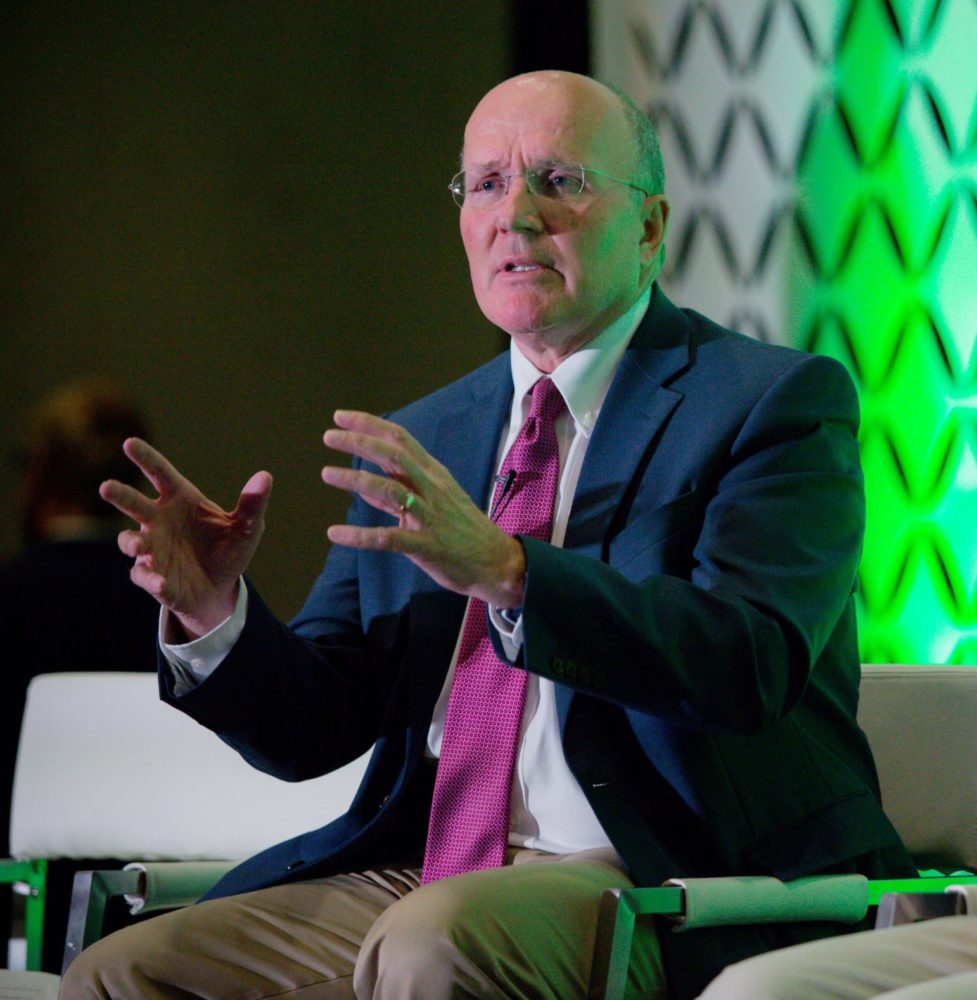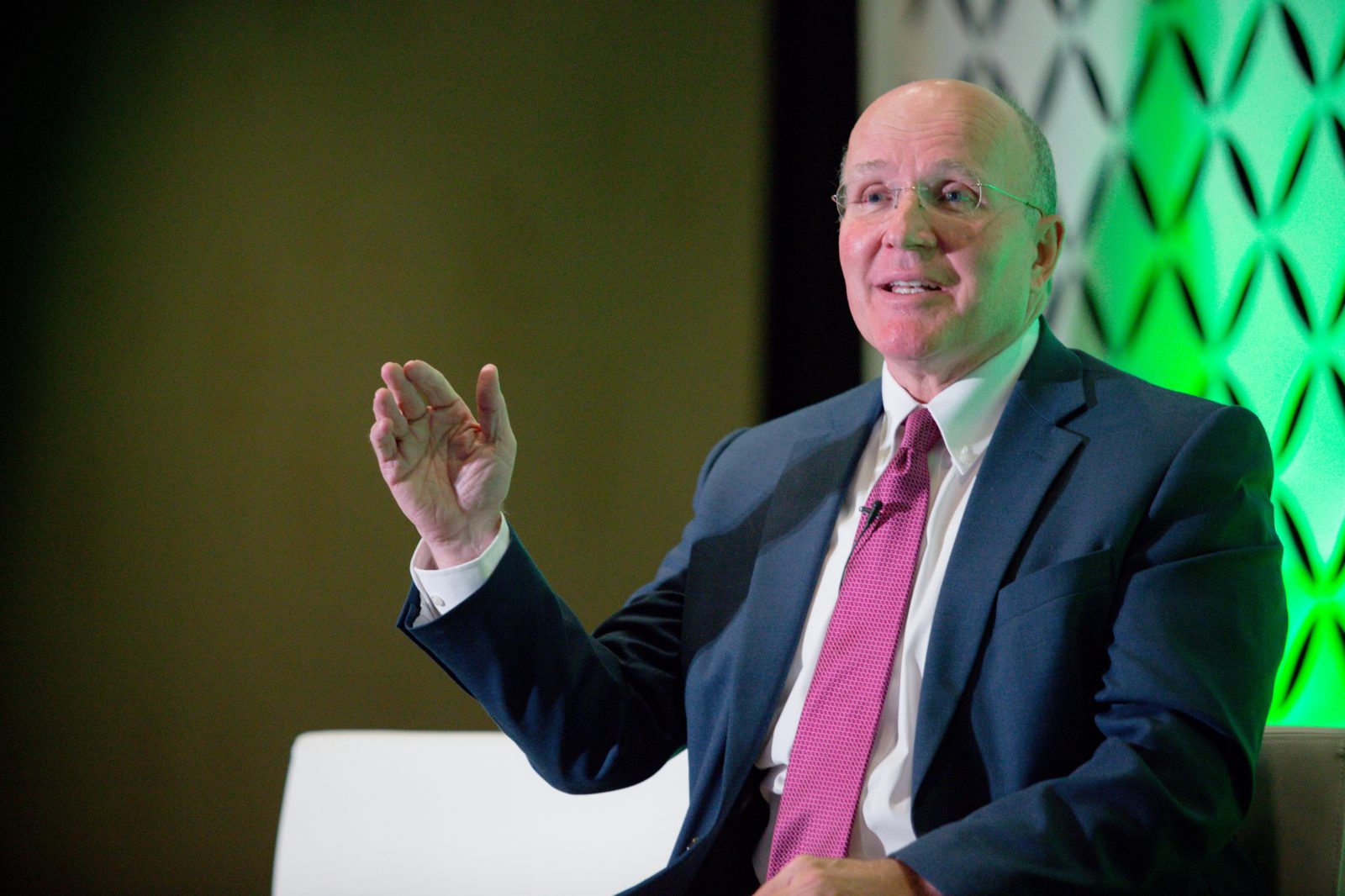Leading Economist and Developer of Time-Prices, Dr. Gale Pooley Appointed as a Fellow of Discovery Institute
Seattle — Discovery Institute is pleased to announce the appointment of Dr. Gale L. Pooley to serve as a fellow with the Institute’s Center on Wealth and Poverty.
“Gale Pooley is the world leader in the most important movement in contemporary economics — based on the recognition that wealth is knowledge, money is time, and the only true prices are time prices,” said George Gilder, co-founder and senior fellow of Discovery Institute.
As an economist Pooley is known, along with Marian Tupy, a senior policy analyst at the Center for Global Liberty and Prosperity, for defining time-prices and the Pooley-Tupy Formula for measuring time-prices. Together the two economists devised a way to measure the “time price” of commodities — that is, the amount of time that a person has to work in order to earn enough money to buy something.

Dr. Pooley is an associate professor of business management at Brigham Young University-Hawaii. He also has taught at Alfaisal University in Riyadh, Saudi Arabia and Boise State University. Dr. Pooley holds professional designation from the Appraisal Institute, the Royal Institute of Chartered Surveyors and the CCIM Institute.
The Discovery Institute is a public policy think tank whose mission is to advance a culture of purpose, creativity, and innovation. Founded by Bruce Chapman and George Gilder in 1991, Discovery Institute promotes thoughtful analysis and effective action on local, regional, national, and international issues.
Headquartered in Seattle, Washington, with scholars and fellows located around the country and world, Discovery Institute is home to an inter-disciplinary community of scholars and policy advocates dedicated to the re-invigoration of traditional Western principles and institutions and the worldview from which they issued. Discovery Institute has a special concern for the role that science and technology play in our culture and how they can advance free markets, illuminate public policy, and support the theistic foundations of the West.
